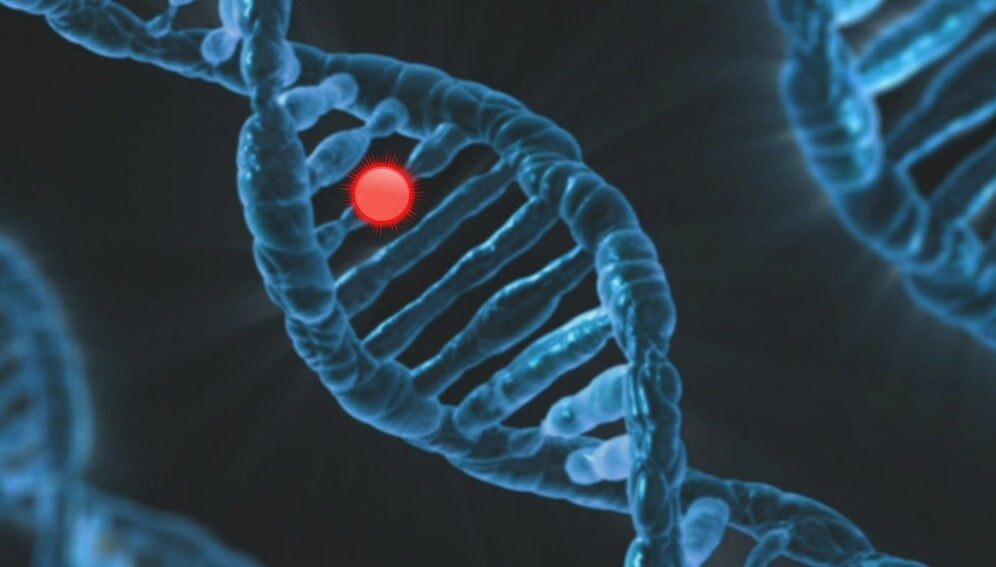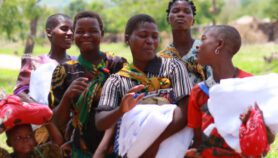07/02/22
Affordable analysis of genomes ‘key to tackling diseases’

By: Onyango Nyamol
Send to a friend
The details you provide on this page will not be used to send unsolicited email, and will not be sold to a 3rd party. See privacy policy.
[NAIROBI] A project equipping researchers with cheap and accessible methods for studying genetic materials of large collections of bacteria that cause diseases could be critical in tackling future global health challenges, scientists say.
The 10,000 Salmonella Genomes Project (10KSG) could make bacterial genomic data more accessible in low- and middle-income economies, especially in Sub-Saharan Africa where 80 per cent of the 77,000 global annual deaths from non-typhoidal Salmonella bloodstream infections occur.
The collaboration of scientists from 16 countries, led by the Earlham Institute and the University of Liverpool in England, aims to understand the genetic makeup of bacterial strains responsible for Salmonella bloodstream infections in Africa and Latin America. This can increase understanding of drug resistance and virulence of the bacteria and help in the development of vaccines.
“Public health policy needs to be well informed by good data from genomic epidemiological studies.”
Neil Hall, Earlham Institute
“Infectious diseases cause a huge health and economic burden on low- and middle-income countries,” says Neil Hall, director of the Earlham Institute, a life science research centre.
“Usually, the most effective interventions involve public health measures. However, public health policy needs to be well informed by good data from genomic epidemiological studies.”
In less than a year, scientists have analysed 10,000 Salmonella genomes from Africa and Latin America for as little as US$10 per genome or genetic material.
According to researchers, large-scale bacterial genome analyses have been possible in only a few sequencing centres globally until now and the cost had been as much as US$100 per genome.
The 10KSG project, Hall explains, has significantly reduced the cost and increased the large-scale study of genetic materials present in microbes, enabling many more scientists to access the technology worldwide.
Jay Hinton, a professor of microbial pathogenesis from the University of Liverpool, says that for any vaccines to be effective, there is a need to know more about the bacteria causing the disease.
“Our project has provided the best understanding of the Salmonella variants responsible for bloodstream infections in African countries including Democratic Republic of Congo, Gambia, Mali, Malawi, Kenya, Senegal and Uganda in recent years — information that will be invaluable for evaluating the impact of the [Salmonella] vaccine rollout,” Hinton explained.
Damaris Matoke-Muhia, a molecular biologist at the Kenya Medical Research Institute (KEMRI), says that people trained in sequencing can train others, in order to build a qualified workforce.
“Once the facilities are equipped with sequencing tools, it will help with continuous sequencing of genomes of interest and this will stop the shipment of samples that is usually done due to lack of capacity, including sequencing SARS-CoV-2 variants,” Matoke-Muhia tells SciDev.Net.Lowering the cost of sequencing is important as it opens up opportunities to screen the bacteria and develop specific and highly sensitive diagnostic tools, she says.
This piece was produced by SciDev.Net’s Sub-Saharan Africa English desk.













